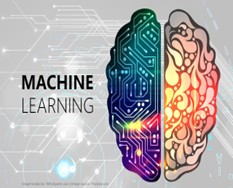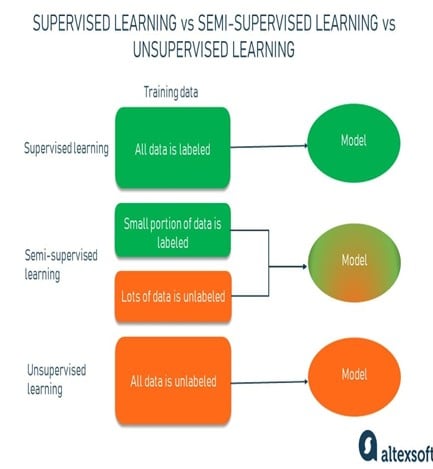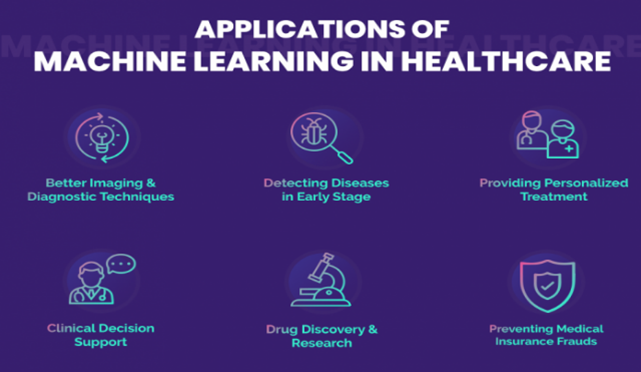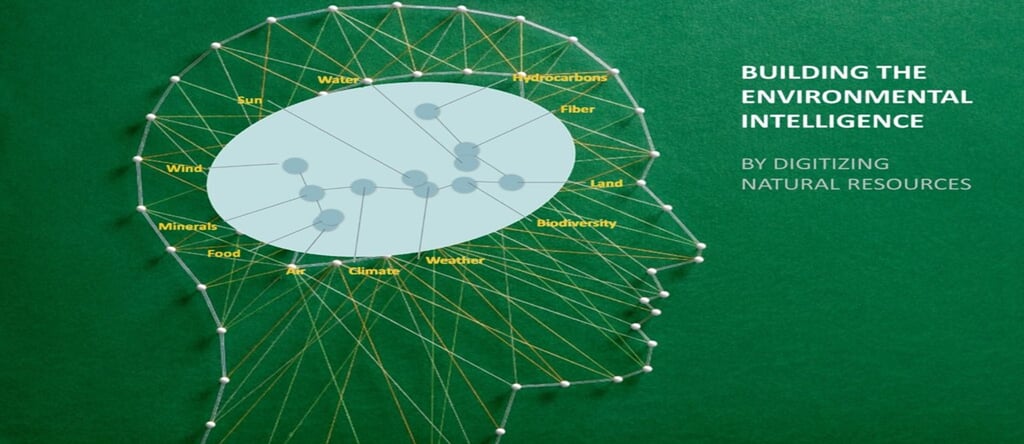Machine Learning: A Fascination
Machine learning is a branch of AI pushing us towards innovation. But what exactly is ML? Let's find out.
BLOGS
V Sidharrth
5/8/20242 min read
Machine learning refers to the technology of developing computer algorithms which have the capacity to emulate human intelligence. ML algorithms normally analyze data, identify patterns, and make decisions, independent of predefined instructions.
For instance, when exposed to a variety of labeled examples, a machine learning model may learn to distinguish between two fruits, say-apples and oranges by analyzing their features (such as color and shape). Over time, the model improves in the ability to classify unseen fruits.
What is Machine Learning?


Types of Machine Learning
ML techniques are divided into three main categories:


1. Supervised Learning: Learns from labeled data to predict results.
Applications: Diagnosing diseases, fraud detection, image recognition.
2. Unsupervised Learning: Identifies latent patterns in unlabeled data.
Applications: Customer segmentation, Anomaly detection
3. Semi-supervised Learning: A combination of labelled and unlabeled data for increased insight.
Applications: Text Classification, Bioinformatics
A Little History of Machine Learning
Machine learning has originated from the simplest computational systems up to the modern sophisticated algorithms that are used today:
•1950s : The perceptron was introduced - the first model of a neural network.
•1980s: Decision trees, Support Vector machines were developed
•2000s: Deep learning emerged, thus enabling machines to process complex data.
Today, machine learning is on the cutting edge of technological advancement.
Why Machine Learning Matters?
Machine learning is transforming the way we solve problems. It has unparalleled accuracy and efficiency. Some key applications are as follows:


1. Health Care
•Detection of tumors with the help of automation and improving the treatment planning of radiotherapy.
•Patient outcomes to be predicted for personalized medicine.
2. Finance
•Improved fraud detection and risk assessment.
•Stock market prediction
3. Entertainment
•Powering recommendations on platforms such as Netflix and Spotify.
•Content creation improvement with AI-based tools.
4. Environmental Science
•Monitoring ecosystems and predicting climate changes.
•More efficient management of natural resources.


Key Principles for Successful Machine Learning
To achieve successful ML, consider the following principles:
1.Define the Problem Clearly:
Know the task, input data, and expected outputs.
2.Emphasis on Data Quality:
Quality of dataset is important for reliable results.
3.Embrace Simplicity:
Keep models simple and interpretable while ensuring they generalize to unseen data.
4.Address Explainability:
Especially in high-stakes areas such as healthcare, the opacity of ML models can lead to distrust.
What's Next?
The future of machine learning is very bright. From personalized medicine to zero-carbon energy solutions, its applications are limitless. However, as we push the frontiers of ML, ethical considerations like bias and unfairness and others through which ML is developed should not be left behind.
Conclusion
Machine learning is no longer a sci-fi concept. It's already shaping industries in new ways, and with this understanding of the principles behind it and the application of its power, we unlock the potential of transforming real-world problems.
Have you been wondering what's so big about machine learning? Read more for more insight and practical guides to harnessing the power of ML for your projects.
Connect
Join us in advancing data science and AI.
© 2025. All rights reserved.


